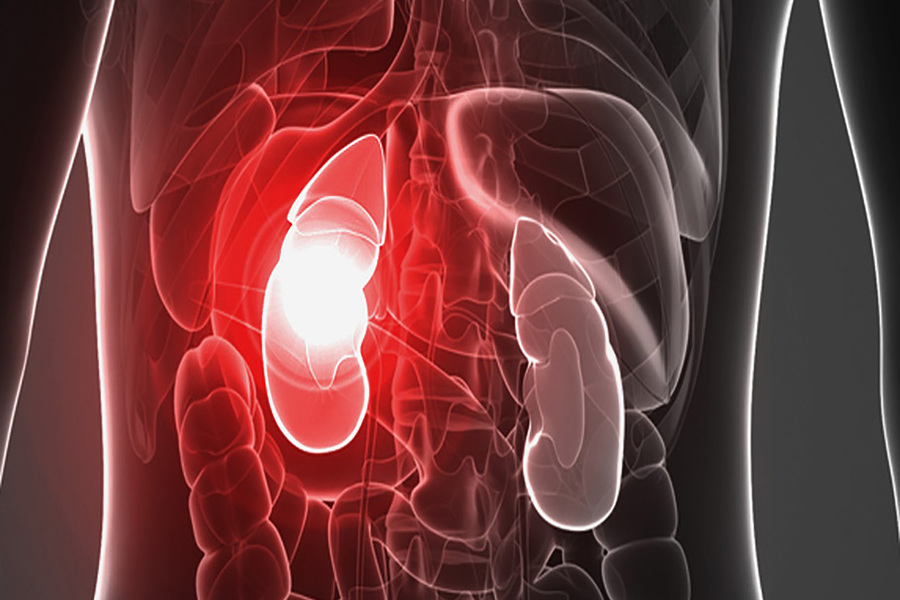
Your kidneys are responsible for removing waste and excess fluid from your body. Your kidneys also eliminate acid created by your body’s cells and keep a healthy balance of water, salts, and minerals in your blood, such as sodium, calcium, phosphorus, and potassium.
Role of kidneys
The kidneys are fist-sized organs placed at the bottom of your rib cage on both sides of your spine. Maintaining kidney health is critical to overall health and well-being. Maintaining the health of your kidneys allows your body to filter and remove waste and create hormones that assist your body in functioning properly.
Therefore, it is really important to keep your kidney healthy. Here are few tips that will help you to keep your kidneys healthy.
Fluid intake
Drinking plenty of fluids will aid in the normal functioning of your kidneys. The color of your urine should be straw. If it becomes any darker, it could be an indication of dehydration.
When traveling to hot places or exercising vigorously, you should drink more water than usual to replace the fluid lost via sweating.
Monitor your blood sugar level
Diabetes, or a condition that generates excessive blood sugar, can cause kidney damage. When your body’s cells cannot use the glucose (sugar) in your blood, your kidneys must work extra hard to filter it. This can result in life-threatening damage after years of effort.
However, if you can keep your blood sugar under control, you can lessen the danger of damage. Furthermore, if the damage is detected early, your doctor can take steps to reduce or avoid further harm.
Monitor your blood pressure
Has your blood pressure been monitored regularly? High blood pressure does not cause symptoms, but it does increase your risk of renal and heart problems.
An easy, quick, and painless blood pressure check is available free of charge at your doctor’s office and many high-street pharmacies.
If your blood pressure is higher than it should be, your doctor can recommend lifestyle changes or, if required, prescribe medication to lower it. Healthy blood pressure should be between 90/60mmHg and 120/80mmHg.
Take low sodium diet
A low-sodium, low-processed-meals, and other kidney-damaging foods diet may help lower the risk of kidney impairment. Consume fresh, naturally low-sodium ingredients such as cauliflower, blueberries, seafood, whole grains, etc.
Quit smoking
Try to quit smoking totally and restrict your alcohol consumption. It is recommended that neither men nor women regularly consume more than 14 units of alcohol per week. Both excessive alcohol consumption and smoking elevate blood pressure.
Avoid painkillers
If you take over-the-counter pain relievers daily, you may be causing kidney damage. People who use the medication regularly and have no kidney problems are probably safe. However, if you take these medications regularly, you may jeopardize the health of your kidneys.
Nonsteroidal anti-inflammatory medicines (NSAIDs), such as ibuprofen and naproxen, might harm your kidneys if used daily to treat chronic pain, headaches, or arthritis.
Follow these guidelines to maintain your kidneys healthy, as damaged kidneys can lead to renal failure or transplantation.
